Cooking is an art, a necessity, and a science. How we prepare our food doesn't just affect its taste and presentation; it significantly impacts its nutritional value. With myriad cooking techniques available, understanding the nutritional nuances of each can help us optimize our meals for better health. In this post, we’ll explore some common cooking methods and analyze how they impact the nutrients in our food, as well as recommend some complementary supplements available on Bio Body Boost.
1. Boiling
Boiling involves cooking food immersed in water at high temperatures. It is a popular method for vegetables, pasta, and grains.
Nutritional Impacts:
- Pros: Minimal use of fats; can break down complex compounds making some nutrients more bioavailable.
- Cons: Water-soluble vitamins, like vitamin C and B vitamins, can leach into the cooking water, leading to nutrient losses.
Enhancing Boiled Foods:
 To counteract nutrient loss, consider incorporating supplements like the OmegaBalance - Omega 3, 6, 9 Oils Blend to enhance your diet with healthy fats that are not obtained through boiling.
To counteract nutrient loss, consider incorporating supplements like the OmegaBalance - Omega 3, 6, 9 Oils Blend to enhance your diet with healthy fats that are not obtained through boiling.
2. Steaming
Steaming cooks food using vaporized water, offering a gentle technique primarily used for vegetables and fish.
Nutritional Impacts:
- Pros: Retains the majority of vitamins and minerals. Ideal for preserving antioxidants.
- Cons: May not develop as much flavor or texture complexities compared to other methods.
Enhancing Steamed Foods:
 Complement steamed meals with supplements like CurcuminBoost Organic Turmeric Curcumin Capsules to add anti-inflammatory benefits that steaming preserves in ingredients like greens and grains.
Complement steamed meals with supplements like CurcuminBoost Organic Turmeric Curcumin Capsules to add anti-inflammatory benefits that steaming preserves in ingredients like greens and grains.
3. Grilling
Grilling involves cooking food over an open flame, often imparting a smoky flavor.
Nutritional Impacts:
- Pros: Reduces fat content by allowing excess to drip away; enhances flavor without the need for added fats.
- Cons: Potential risk of producing harmful compounds like HCAs and PAHs when meat is overcooked at high temperatures.
Enhancing Grilled Foods:
 Balance potential harmful effects by adding rich antioxidant sources to your diet like the Bio Mushroom Boost - Organic Mushrooms Immunity Blend, which fortifies the immune system with its powerhouse blend of organic mushrooms.
Balance potential harmful effects by adding rich antioxidant sources to your diet like the Bio Mushroom Boost - Organic Mushrooms Immunity Blend, which fortifies the immune system with its powerhouse blend of organic mushrooms.
4. Roasting/Baking
Roasting and baking involve cooking food enveloped by hot air in an oven. This is suitable for meats, vegetables, and baked goods.
Nutritional Impacts:
- Pros: Preserves vitamins and nutrients while producing desirable textures.
- Cons: Vitamins sensitive to heat can be diminished over long periods.
Enhancing Roasted/Baked Foods:
 Consider complementing these dishes with suggestions that boost brain health and cognitive function like BioBrain - Natural Nootropics Supplement to support mental alertness with the antioxidants retained in whole grains and nuts.
Consider complementing these dishes with suggestions that boost brain health and cognitive function like BioBrain - Natural Nootropics Supplement to support mental alertness with the antioxidants retained in whole grains and nuts.
5. Sautéing
Sautéing refers to cooking food quickly in a small amount of oil or fat over high heat.
Nutritional Impacts:
- Pros: Retains texture, flavor, and most nutrients; ideal for gentle cooking of sensitive foods.
- Cons: Utilization of fats can add extra calories.
Enhancing Sautéed Foods:
 For dishes that require toppings like vitamin-packed greens, adding BioFem - Herbal Menopause Supplement will provide added hormonal support that benefits from the nutrient preservation in sautéed foods.
For dishes that require toppings like vitamin-packed greens, adding BioFem - Herbal Menopause Supplement will provide added hormonal support that benefits from the nutrient preservation in sautéed foods.
Conclusion
Each cooking method has its distinct advantages and disadvantages from a nutritional standpoint, making it essential to diversify your techniques for balanced nutrition. Pairing food with the right nutritional supplements from Bio Body Boost can enhance your overall diet, providing increased energy, better brain functions, and a stronger immune system.
Visit Bio Body Boost to explore an array of supplements designed to complement your diet and support your health goals.


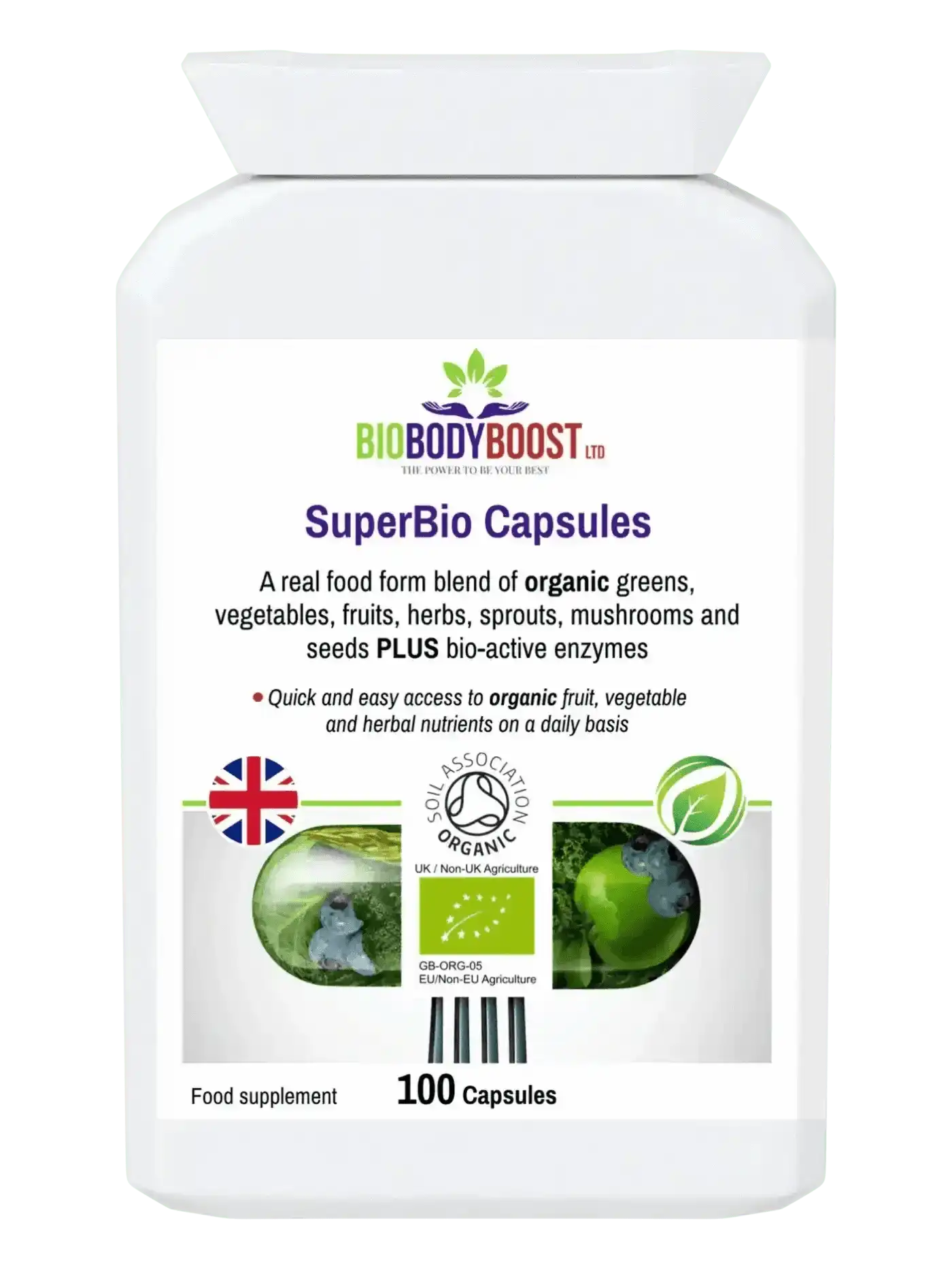
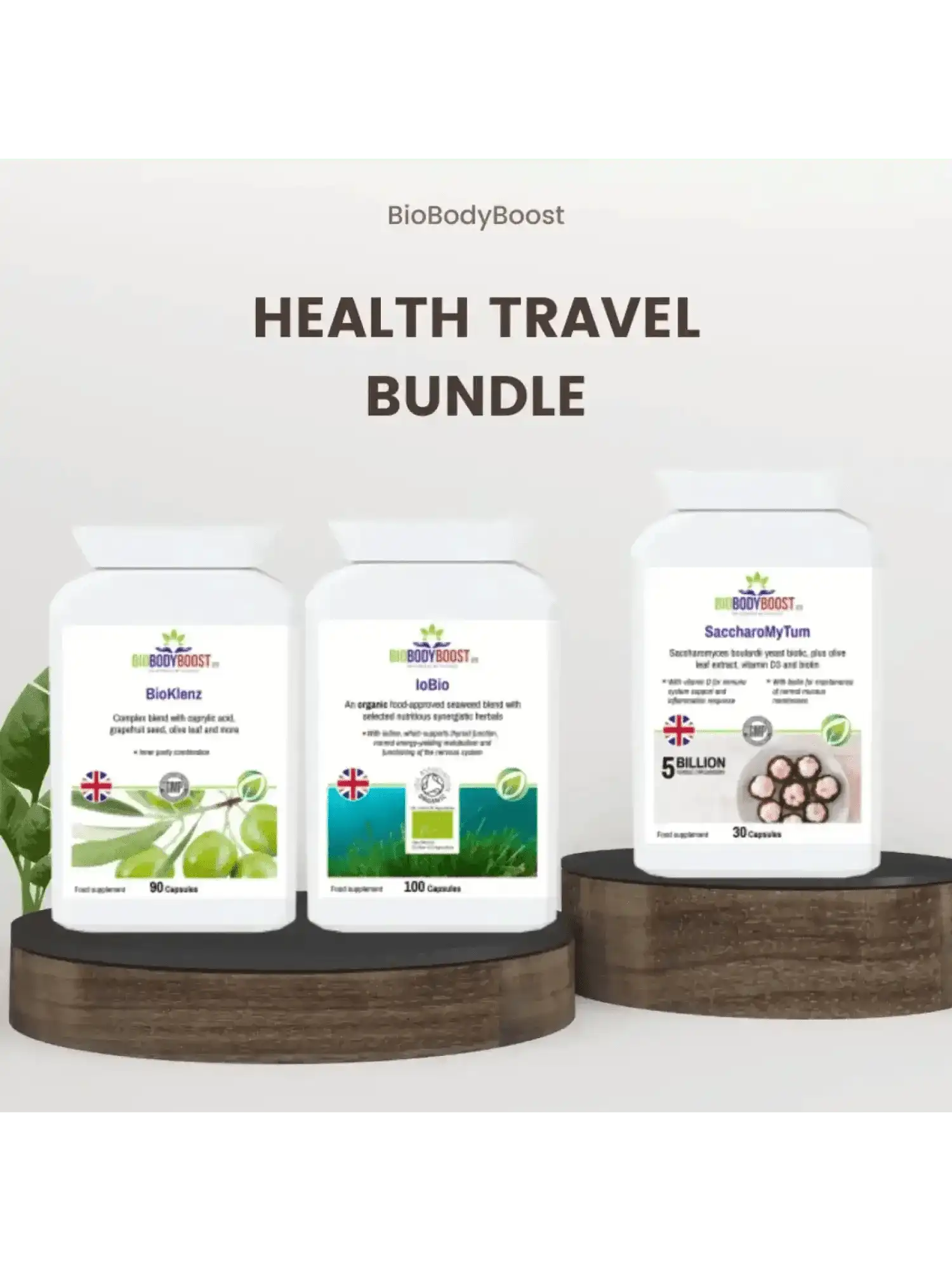
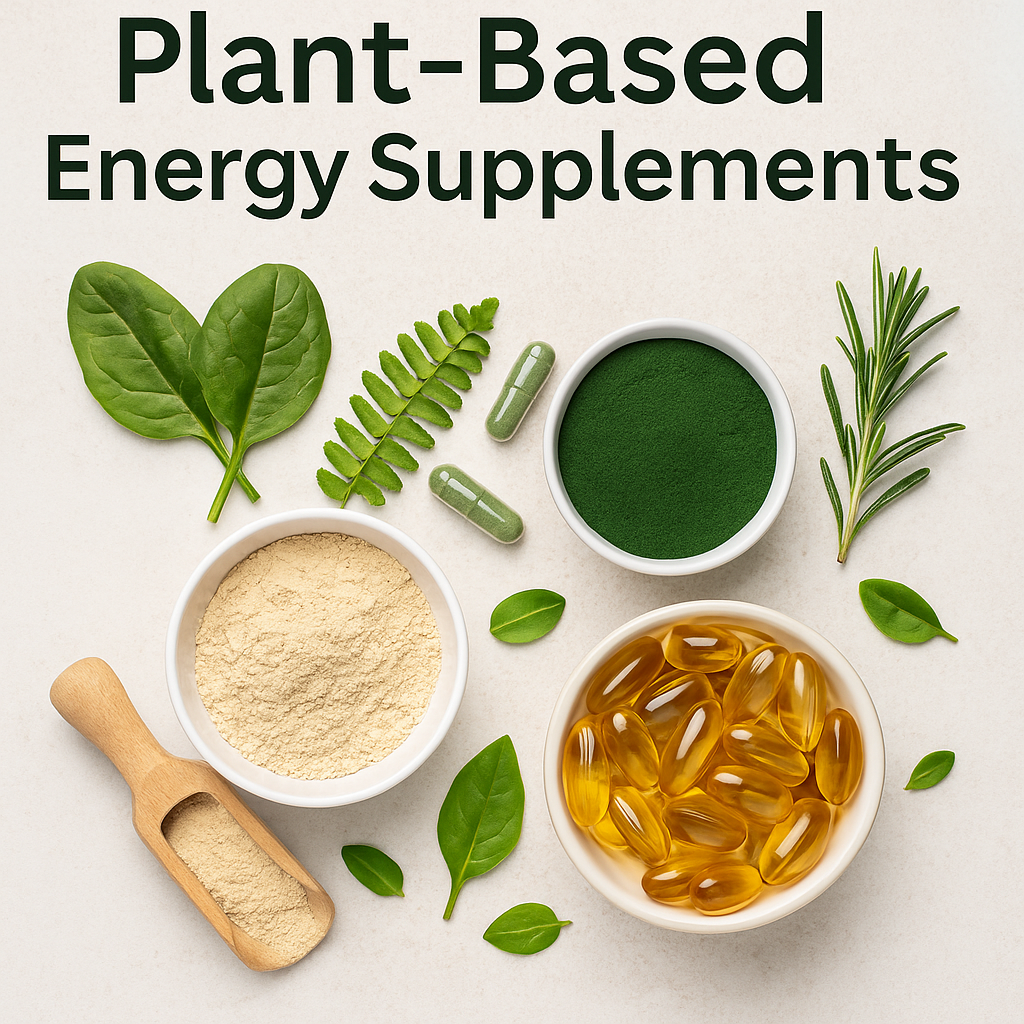
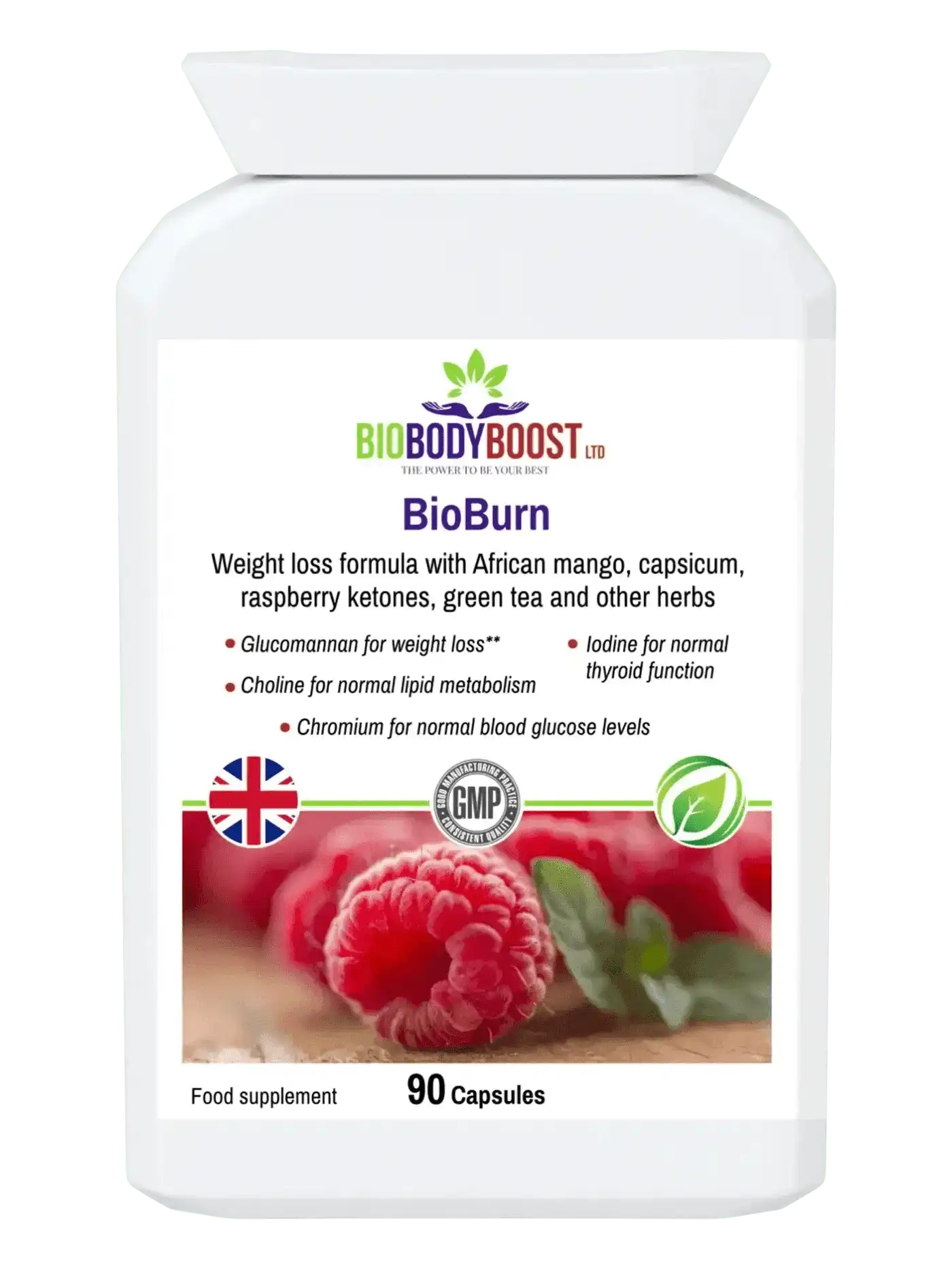
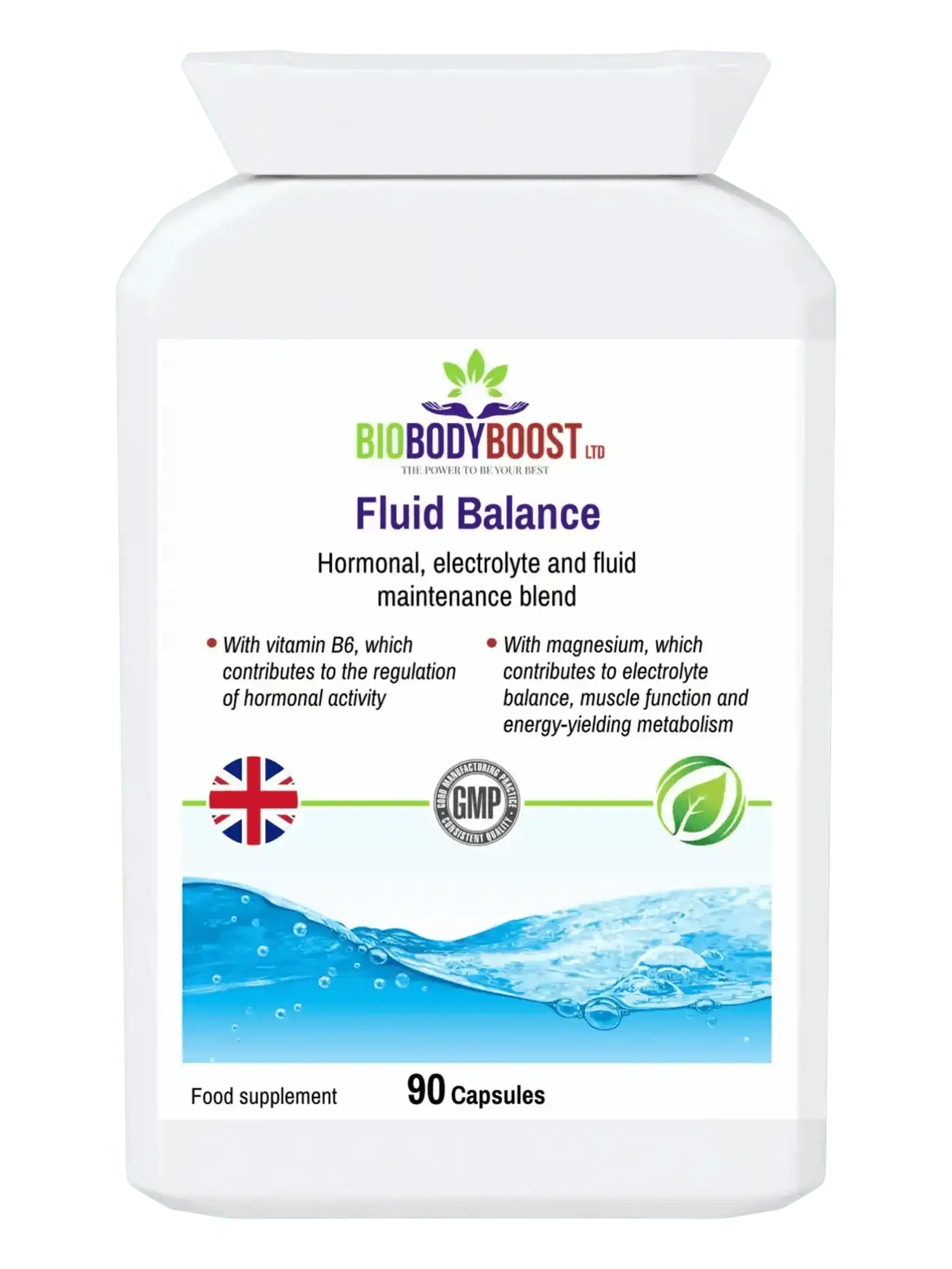
0 comments